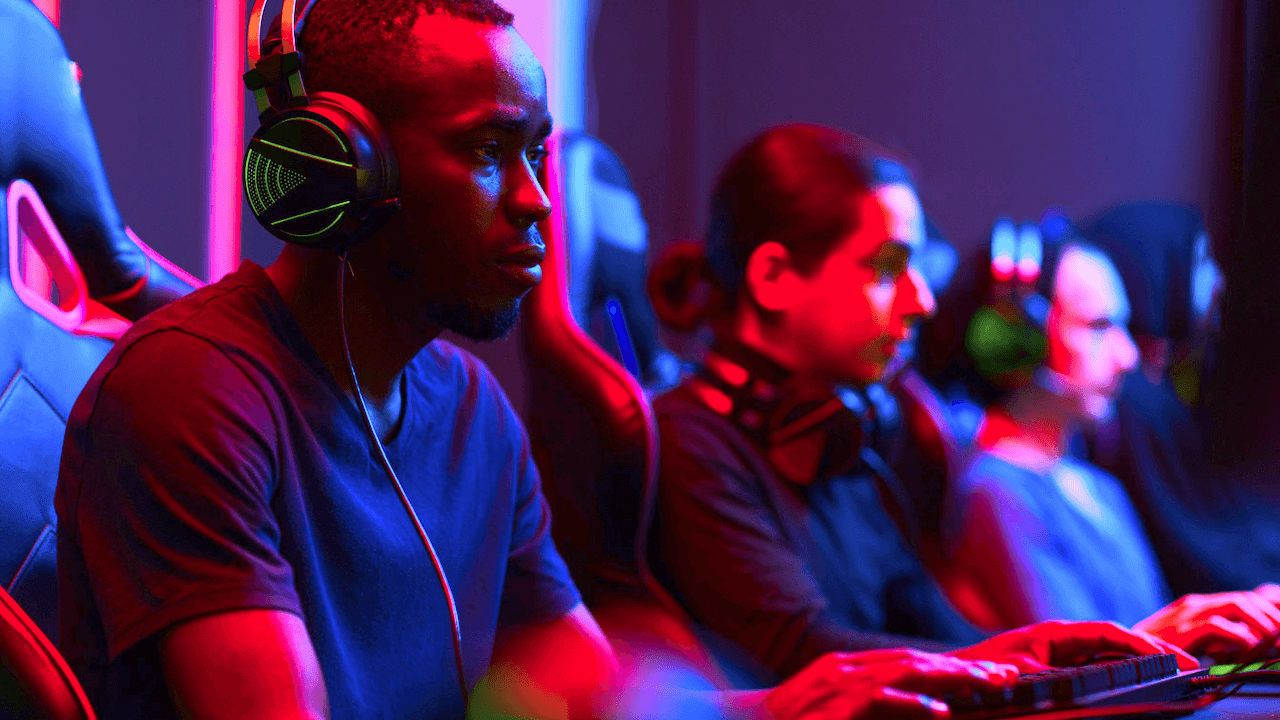The Rise of E-Sports – Exploring the Competitive Gaming Phenomenon
Boasting forbidding health hazards and monstrous negative social implications, gaming in general is bringing about a dramatic shift brought about by the exponential growth of the gaming industry. Meanwhile, eSports, a prominent sector of gaming in which substantial fan bases and sky-high rewards can be gained effortlessly, is conquering the globe.
As a result of being able to stream their games, players don’t have to rely only on a powerful corporate stable or the judgments of amateurs to showcase their skill; gamers themselves can curate their content, interact with their fans, and have hundreds of thousands or even millions of people watching them play, a trend that has seen corporate dollars funnelling into content creators’ careers.
It’s becoming increasingly mainstream, with huge professional sports companies investing in teams and tournaments.
Origins
But the growth of eSports is really a product of the boom over the past decade of competitive video gaming both among more serious players and more casual gamers alike, with those rising prize pools spiking in most sports.
At first, players competed on arcade machines for the highest score in each game; following the improvement of console technology, gaming competitions were moved into living rooms to suit more ‘social’ gaming needs.
This activity has drawn the attention, and the dollars, of major professional sports leagues and brands alike – there’s no shortage of parallels drawn between this rapidly growing audience and the engagement with traditional professional sports. However, concerns over screen time and sustainability must be balanced with the undeniable benefits of teamwork, socialisation and cognitive development that come with it.
Formats
Although competitive gaming emerged in the 1970s, eSports became a global sensation only recently. With major sponsors, viewers, teams in organised leagues jostling to win umteen million dollars, and many of its players even turning into celebrities, this is nowhere comparable to good old play.
They’re organised with leagues akin to conventional sports, as teams slug it out in scheduled season-spanning contests towards promotion or relegation (they might also play in separate tournaments).
Similar to traditional sports, a key to success for ESports athletes is to make sure they stay healthy – both physically and mentally. Large ESports teams often retain staff psychologists who work with individual athletes to help them with stress and anxiety; and it is imperative for success in ESports as the industry grows through the global marketplace. Live shows featuring narrative have been attracting audiences around the world, and the audiences around the world are welcoming it.
Audience
Esports has become a thrilling global pastime where millions of fans across the world have more than computer games to cherish. In esports, gamers put together teamwork, skill and effort in an arena closer to the traditional sportsperson’s – and esport gamers worldwide get the exposure of traditional athletes.
For all of these reasons, it should be no surprise that eSports has become such a large industry. Newzoo estimates that its audience now exceeds 385 million people (occasional and regular viewers, aka eSports enthusiasts).
(TIP: The following text is slightly modified so you can focus on seeing the reflection of human-sounding text.) E-sports (short for electronic sports) of our time is an important part of our culture. E-sports have three main functions: for recreation, becoming a professional gaming career industry, increasing players’ responsible habits of gambling. Moreover, it links fans’ circles from all over the world and helps participants to learn some vital life-skills such as communication and teamwork, which can be helpful for different careers.
Sponsorships
Hundreds of millions of people watching eSports mean the sponsorship opportunities are growing by leaps and bounds as well. Dozens of big brands have already jumped at them: Mastercard sponsors the League of Legends World Championship tournament; Ally Financial Group maintained event naming rights; Mountain Dew sponsors the 100 Thieves and Envy Gaming teams.
But while eSports are different in many ways to traditional sport, they also have many parallels. Like traditional teams, eSports teams compete in seasons with playoffs and international championships at the end of each season; franchised eSports teams might have large worldwide fan bases, too – again, look at TeamSoloMid.
ESports athletes are as ubiquitous as any other athlete – you can see them on billboards, and they market their identity and aptitude just as much as other professionals.
Careers
There are plenty of job opportunities in esports, and given the way in which gaming becomes socially accceptable, young enthusiast planning their esports careers might soon see more pros than cons in this job. The skills obtained will not only allow them to make a living from a hobby of theirs but also will stay with them for many years in many other relevant industries.
Coaches, referees and managers are all part of an esports career. These professionals work with a team to provide training and preparation before tournaments, as well as creating team-building drills to keep everyone in line.
In addition to overlapping those roles – and the ones players themselves must develop, especially if they’re professional – are several more on-screen positions, including shoutcasters and desk analysts, who bring viewers into the panel room and on to the players’ level.












